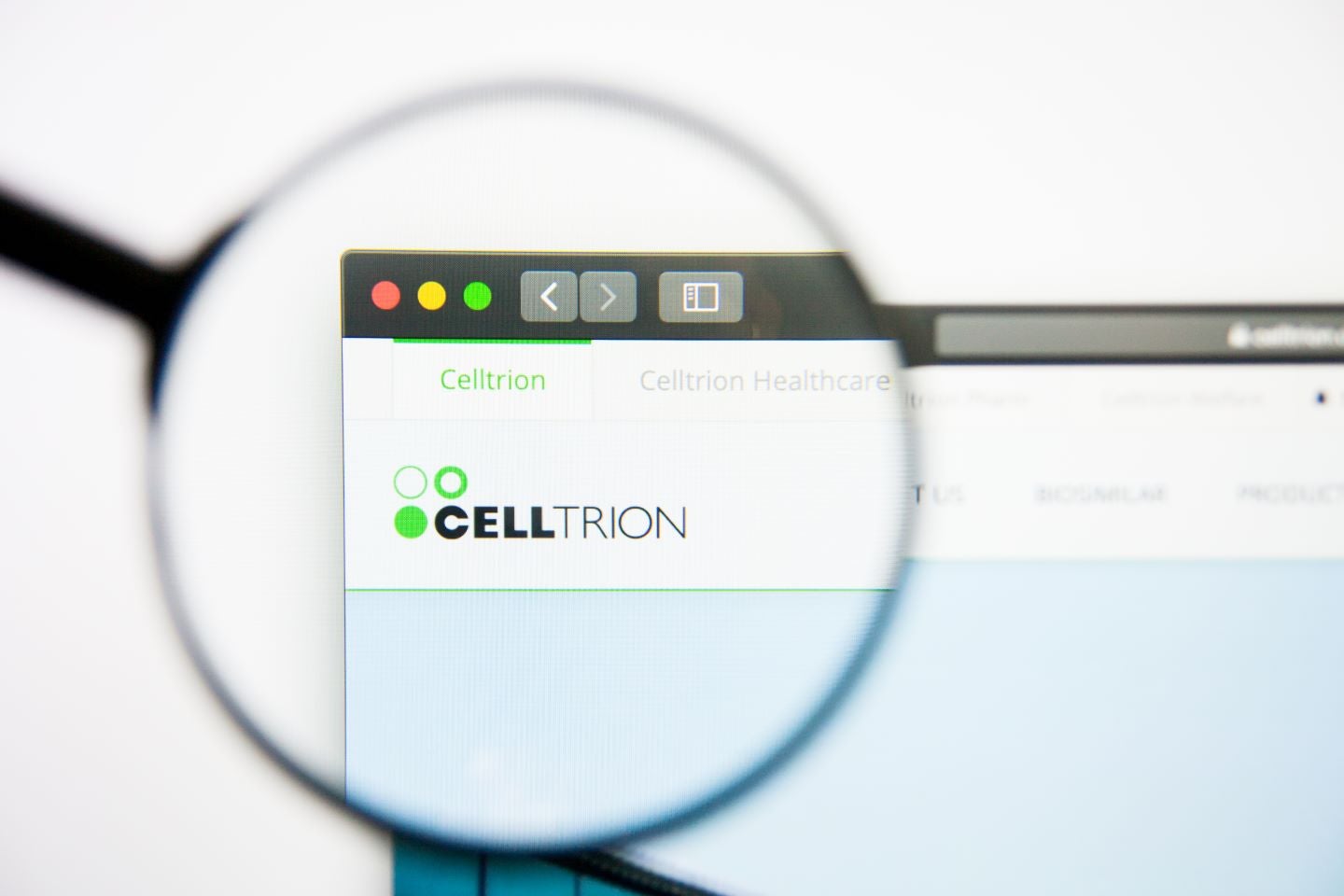The punitive 2023 payback rate from the UK Government’s Voluntary Scheme for Branded Medicines Pricing and Access (VPAS) has triggered further reactions from the pharma industry. In late June, Celltrion (South Korea) withdrew its key anti-cancer biosimilar, Herzuma, from the UK market. Further, Celltrion is signalling that it might cease its UK operations altogether if the hostile financial climate does not improve.
In a report in iNews, Celltrion’s UK director Matthew Eddleston warned that “if the rising VPAS rebate remains unchecked and continues at a high rate, we may have to consider whether we can sustainably operate as a business at all in the UK”. He claimed that the 2023 VPAS levy made Herzuma “loss-making, and we cannot continue to operate as a business in that way”.
Herzuma is a biosimilar of Herceptin (trastuzumab) and a key medicine in the treatment of HER2-positive breast cancer. Four other versions of trastuzumab are also supplied to the NHS, but there have been concerns from cancer charities that their manufacturers may consider these drugs and other low-margin products equally unsustainable to supply profitably to the UK market – and that serious shortages may ensue.
Celltrion had voiced initial worries about the likely unsustainability of the 2023 VPAS rate long before it was set last December – with a relatively far-seeing article in the Financial Times in October 2022 representing the capped 2022 payback rate of 15% as “punitive” – just two months before the rate rocketed to an unprecedented 26.5% for 2023.
Until last year, the UK’s VPAS (and predecessor schemes) had operated relatively smoothly, triggering payback from the industry when sales growth for NHS-prescribed branded medicines (including branded generics and biosimilars) exceeded a specified threshold, recently set for the VPAS at 2%. Between 2019-2021, payback levels remained at manageable single-digit percentages – but during 2021, a Covid-19-linked spike in drug sales triggered a jump in payback to a capped 15% for 2022. Further sales growth in 2022 then pushed the rate up to an unprecedented 26.5% for 2023 – generating an outcry from the pharma industry. Urgent negotiations are now in progress to settle terms for the 2024-2029 scheme – but there has been no clear indication yet whether the government will support a more sustainable framework for the coming years.
Celltrion’s withdrawal of Herzuma and its threats to pull out of the UK market entirely are potentially more damaging as a precedent than the high-profile exits of US firms Eli Lilly and AbbVie from VPAS membership last January, and send a strong signal that the needs of the generics and biosimilars sectors are not to be taken lightly – especially since the NHS is heavily reliant on these classes of drug to keep costs down, and these sectors account for 40% of all VPAS-included products. Recently, the British Generics Manufacturers Association (BGMA) launched a judicial review, pushing for representation in the current VPAS negotiations (currently limited on the industry side to the Association of the British Pharmaceutical Industry (ABPI) – and highlighting that the needs of the off-patent drugs sector must be adequately represented to ensure sustainability across the UK pharma industry.

US Tariffs are shifting - will you react or anticipate?
Don’t let policy changes catch you off guard. Stay proactive with real-time data and expert analysis.
By GlobalDataThe lower margins on biosimilars and generics, compared to innovative originator drugs, could make them particularly vulnerable to unprofitability when the high VPAS levy is taken into account. Celltrion is far from a minor player in this sector – and the withdrawal of its products alone could put considerable manufacturing and scale-up strain on other generic and biosimilar manufacturers seeking to supply the UK. The effect on prices is uncertain since any overall increase in sales value could bump up the payback levels even further for the coming year. Companies may have to juggle between price increases and loss-making operations if they wish to remain in the market.
While the government has so far remained silent about its preferences for the crucial 2024 VPAS replacement model, the industry has not been short of constructive suggestions. The ABPI and Bio-Industry Association (BIA) have both put forward detailed wish lists, including the ABPI’s proposals of a proposed fixed-rate annual rebate of 6.88%, and a new type of levy to support R&D investment.
The BGMA has not been silent on the likely needs for the off-patent sector. Amongst its own proposals, it is advocating a model with differential rebate rates for companies producing original drugs and biosimilars/generics. A similar amendment was recently implemented in Romania to improve the sustainability of essential drug supply, under what had been a notoriously punitive clawback scheme – but which ironically now has lower payback levels than the UK.
While there might be debate over the fairness of different proposals across all sectors of the industry, there is widespread hope that the 26.5% VPAS payback rate could be consigned to history and that the revised 2024 model will include innovative and sustainable elements to ensure the damage done in 2023 is not irreparable.





